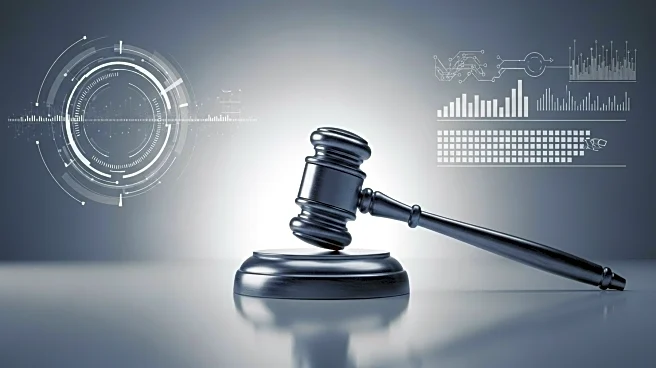What is the story about?
What's Happening?
Qualcomm and its subsidiary Nuvia have achieved a significant legal victory in their dispute with Arm Holdings. A U.S. District Court judge in Delaware ruled in favor of Qualcomm, dismissing Arm's remaining claims and denying its request for a new trial. This decision follows a jury verdict in December 2024 that had already cleared Qualcomm of violating Arm's Architecture License Agreement (ALA) and Technology License Agreement (TLA). The dispute centered around Qualcomm's use of Oryon cores, developed by Nuvia, in its Snapdragon X processors. Arm argued that Qualcomm needed to renegotiate licensing terms after acquiring Nuvia in 2021, but the court found that Qualcomm's existing ALA covered Nuvia's designs.
Why It's Important?
This ruling is crucial for Qualcomm as it affirms the company's right to continue using its Oryon cores in Snapdragon products, potentially enhancing its competitive edge in the semiconductor industry. The decision limits Arm's leverage in licensing disputes, which could have broader implications for how intellectual property rights are managed following corporate acquisitions. Qualcomm's victory may encourage other companies to pursue similar legal strategies when facing licensing challenges. However, Arm's decision to appeal indicates that the legal battle may continue, potentially affecting the dynamics of the semiconductor market.
What's Next?
Arm has announced plans to appeal the court's decision, which means the legal proceedings between the two companies are likely to continue. The outcome of the appeal could have significant implications for both companies and the broader semiconductor industry. Stakeholders will be closely watching the appeal process, as it may influence future licensing agreements and corporate acquisitions in the tech sector.
















